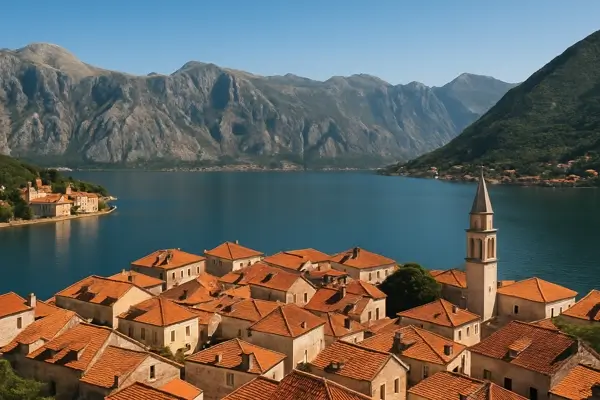
Name Means “Black Mountain” – The name Montenegro comes from the Venetian words monte (mountain) and negro (black), referring to the dark pine forests covering its mountains.
One of Europe’s Newest Countries – Montenegro regained its independence in 2006, making it one of Europe’s youngest sovereign nations after separating from Serbia.
Tiny but Stunning – Despite its small size, Montenegro is packed with natural beauty from Adriatic beaches and rugged mountains to glacial lakes and deep canyons.
Bay of Kotor – Europe’s Southernmost Fjord – The breathtaking Bay of Kotor is often called a fjord (though technically a ria), surrounded by medieval towns and towering mountains.
Durmitor National Park – This UNESCO World Heritage Site is home to the Tara River Canyon, the deepest canyon in Europe, ideal for rafting, hiking, and exploring alpine scenery.
Old Towns and Medieval Charm – Cities like Kotor, Budva, and Perast feature walled old towns, stone churches, and Venetian architecture dating back centuries.
Multi-Ethnic and Multilingual – While Montenegrin is the official language, Serbian, Bosnian, Albanian, and Croatian are also widely spoken.
Currency Without EU Membership – Montenegro uses the euro as its official currency, even though it’s not a member of the European Union.
Smallest Orthodox Capital – Cetinje, the historical royal capital, is often called the spiritual center of Montenegro, with many important Orthodox monasteries and relics.
Warm Hospitality and Strong Coffee Culture – Montenegrins are known for their hospitality, and coffee plays a central role in social life, often enjoyed slowly at outdoor cafés.
